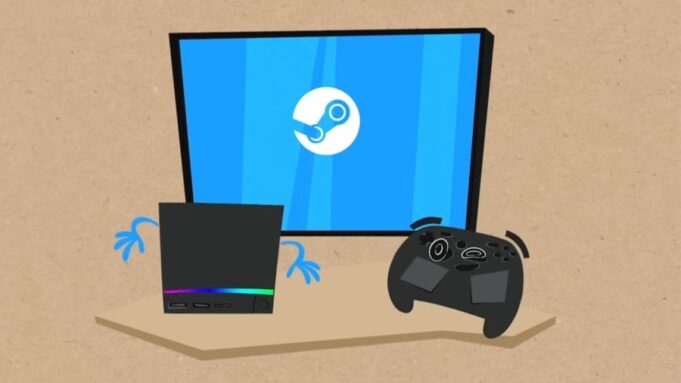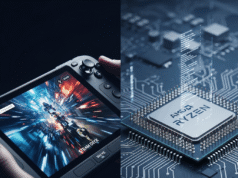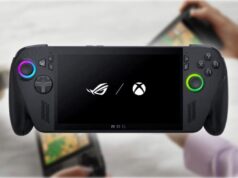Valve’s introduction of the “Steam Machine,” a dedicated gaming device, presents a significant challenge to the established console market, particularly for Microsoft’s next Xbox, which is rumored to be a PC-console hybrid. The key question is whether the Steam Machine will overshadow the next Xbox, or whether Xbox’s established ecosystem and resources will allow it to maintain its position. This extends beyond specifications to the very definition of a “console” in an era of cross-platform play and evolving business models.
Valve’s hardware venture, following the Steam Deck, aims to bring PC gaming to the living room with simplicity and accessibility. Reactions have been mixed, with some seeing it as an “indie game haven” and others considering it underpowered compared to current and future consoles.
The success of the Steam Machine hinges on its price point. A lower price than the next Xbox, coupled with a compelling game library, could carve out a significant market niche. However, appealing to both budget-conscious gamers and those demanding top-tier performance is a challenge. SteamOS could provide a smoother, more optimized gaming experience compared to a full Windows environment, even with less powerful hardware.
Rumors suggest the next Xbox will be a PC-based device, potentially running a modified version of Windows and supporting multiple storefronts, including Steam. This offers access to the extensive library of PC games, blurring the lines between console and PC gaming, and allowing for greater hardware upgrades and customization.
Backwards compatibility is critical for any new console. Whether the next Xbox natively supports existing Xbox games or relies on emulation or streaming could be a deciding factor for many enthusiasts. Preserving players’ existing game libraries and ecosystems is essential.
Some analysts believe the Steam Machine and Xbox’s potential direction pose a greater threat to Sony and Nintendo, whose business models rely on console exclusives and proprietary ecosystems. However, the continued success of the PlayStation 5 and Nintendo Switch suggests the impact will depend on the successful implementation of Xbox and Valve’s strategies.
The emergence of the Steam Machine and the potential shift in Xbox’s strategy raise fundamental questions about the future of gaming. Is it moving towards a more converged ecosystem, blurring the lines between console and PC gaming, or greater fragmentation, with a proliferation of devices and platforms?
Price vs. Performance: A Critical Balance
The success of the Steam Machine will likely depend on its price point. If it can be priced lower than the next Xbox while offering a compelling library of games, it could secure a significant niche in the market. However, the sentiment expressed by one commenter highlights the challenge of appealing to both budget-conscious gamers and those who demand top-tier performance.
One potential advantage lies in SteamOS itself. As one user pointed out, SteamOS could lead to a smoother, more optimized gaming experience compared to a full-fledged Windows environment, even if the hardware isn’t as powerful.
The Backwards Compatibility Question
Backwards compatibility is a crucial selling point for any new console. Will the next Xbox natively support existing Xbox games, or will it rely on emulation or streaming? The answer to this question could be a deciding factor for many Xbox enthusiasts. This underscores the importance of preserving players’ existing game libraries and ecosystems.
Impact on Sony and Nintendo
Some analysts believe that the Steam Machine and the rumored direction of Xbox pose a greater threat to Sony and Nintendo, whose business models heavily rely on console exclusives and proprietary ecosystems. However, others disagree, citing the continued success of the PlayStation 5 and Nintendo Switch. Ultimately, the impact on Sony and Nintendo will depend on how successfully Xbox and Valve implement their respective strategies.
Regardless of the outcome, the gaming landscape is in a state of flux. The next few years will be critical in determining the winners and losers in this evolving battle for the living room. Will the next generation Xbox be a contender, or a casualty, in this new world order?




